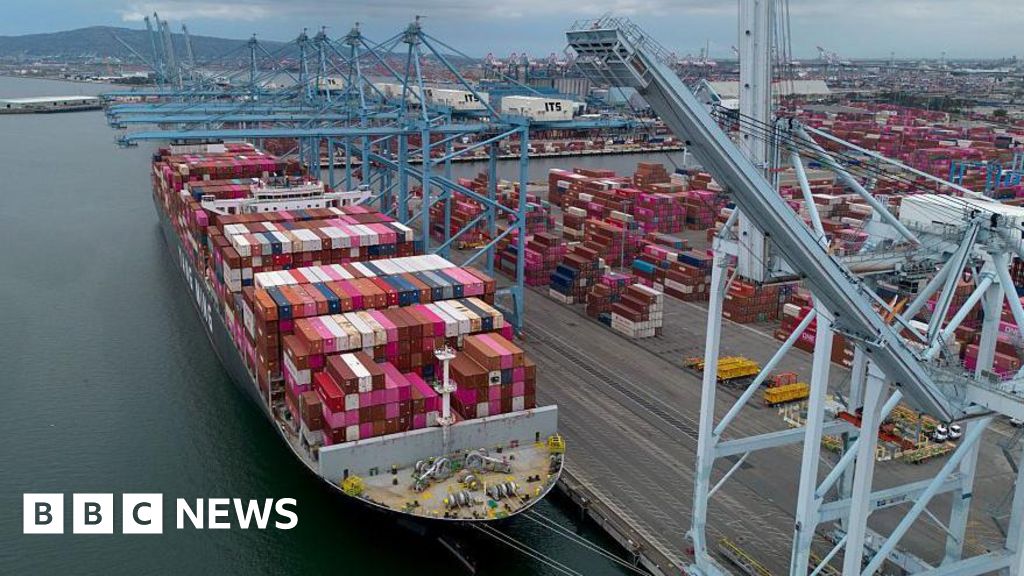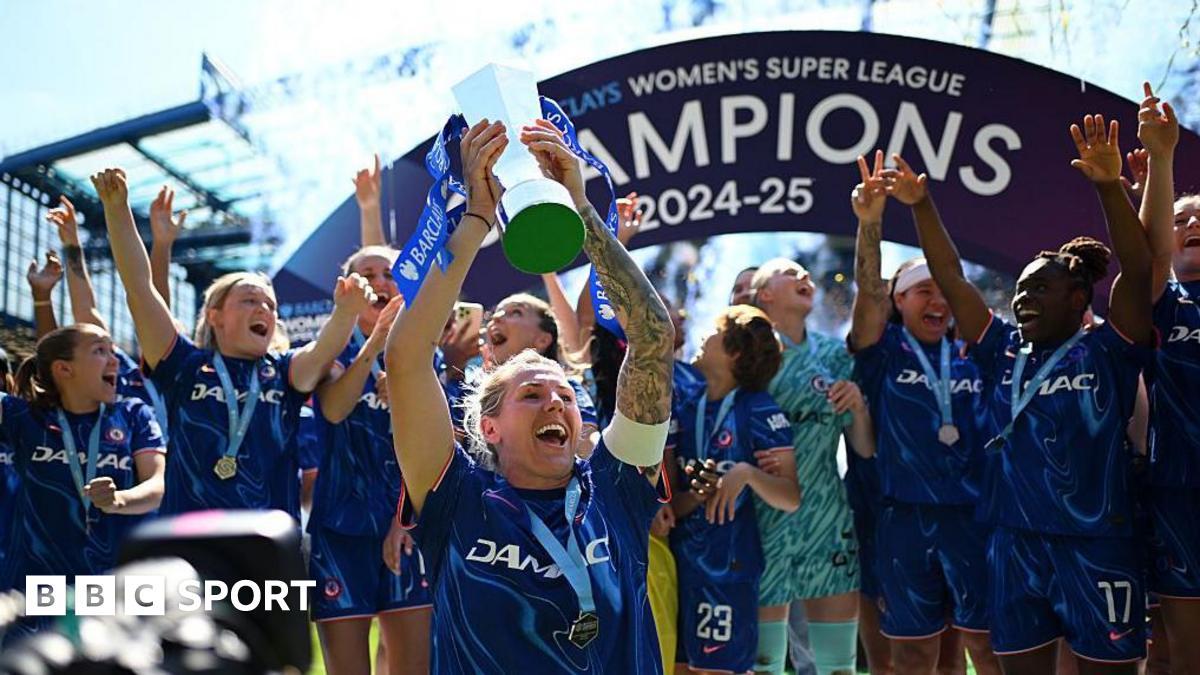ARTICLE AD BOX
By Tom Espiner
BBC News
Image source, Getty Images
Rail firms and a major union have both said they want to negotiate to try to avoid strikes that could cause major disruption in June.
The strikes on 21, 23 and 25 June are expected to involve tens of thousands of rail workers.
The RMT union said rail firms had made no "concrete proposals" on pay and job security in discussions so far.
But industry body the Rail Delivery Group said both sides "need to sit down and talk".
The strikes are expected to affect thousands of rail passengers, and fall during music and sporting events including the Glastonbury Festival and an England cricket test against New Zealand.
More than 40,000 staff from Network Rail and 13 train operators are expected to take part in what is dubbed the "biggest rail strike in modern history".
Steve Montgomery, Rail Delivery Group chairman, said rail firms "are looking at all options" to modernise, including job losses
Steve Montgomery, of the Rail Delivery Group, said the industry body was "extremely disappointed" with the prospect of strike action. "It's really important we ask RMT to get back round the table," he said.
He said that the industry had received £16bn of subsidy over the last years of the pandemic, but that level of funding could not continue.
"We have to look how we can reform," he said. "We've not said we're not going to give staff a pay increase, but we need to sit down and talk with RMT on how we can move reform forward to make it fair for everybody."
Rail firms "are looking at all options" to modernise, including job losses, he said, as well as trying to operate services during the strikes.
The industry group said rail industry revenue is currently at 82% of 2019 levels, which is the same as a £38m shortfall on pre-Covid revenue levels every week.
Mick Lynch, RMT general secretary, said rail firms had not made concrete proposals on pay
However, Mick Lynch, secretary general of the RMT, told the BBC that railway firms are still making money.
He said firms "can easily afford a pay rise for our members, it'll just mean they have to cut back on their profits".
"They are ripping off the passenger, they are ripping off the taxpayer. The government needs to fund the railway properly, and we need the companies to give up some of their profits to give our members a pay rise," he added.
Despite more people working from home since the pandemic, Mr Lynch said that revenues and passenger numbers were recovering.
He said the union doesn't want disruption for thousands of commuters, but had been talking to rail firms for two years trying to get pay deals.
"We want a settlement, but the companies simply haven't made any proposals on pay, job security, and our members' conditions.
"We're hoping that the government and the companies will come to their senses, and fund the railways properly so that we can get a settlement to this dispute."
He said the RMT wants "concrete proposals" from the companies to address issues like pay, adding that the government had cut funding from the railways.
"We need a settlement as soon as we can get it so we don't have to have these strikes," he said.
He said the firms wanted to cut thousands of jobs while still getting "fat cat profits", and that railway executives had been paid "millions" during the pandemic.
"We've got another two weeks before this action starts. There's plenty of time to get proposals forward," he added.
But a Rail Delivery Group spokesman said the RMT was "using inflated figures made up of smoke and mirrors to disguise the real issue".
Transport Secretary Grant Shapps said Covid "changed travel habits - with 25% fewer ticket sales and the taxpayer stepping in to keep the railways running at a cost of £16bn, equivalent to £600 per household".
"We must act now to put the industry on a sustainable footing," he added.
Anthony Smith, chief executive of the independent watchdog Transport Focus, said further talks were crucial, and there would need to be an effort to give passengers certainty.

 3 years ago
31
3 years ago
31








 English (US) ·
English (US) ·